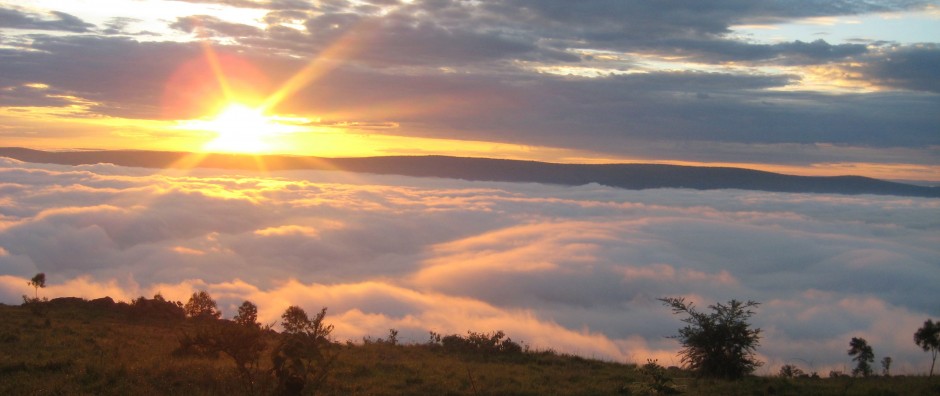Last night I spent 15,000 tsh on dinner, or nearly $10. In the United States this would have been a very reasonably priced meal, after factoring the cost of tax and tip. And yet, as I paid I couldn’t help but think to myself “man, that was expensive.” For the past 5 days I had eaten most of my meals at the YMCA hostel I was staying at. They were rarely over 4,000 tsh (about $3), and while the YMCA food wasn’t amazing, it was flavorful, filling, and the portions were gigantic. It was a popular lunch spot for (what I assume is) the Tanzanian middle class. Much the city could probably not afford to eat there on a regular basis (or at all), despite my perception about how cheap it was.
To put this in perspective a bit, as soon as I walked outside the YMCA and into the city center I would receive calls of “texi, texi” (the Tanzanian word for taxi – guess what language it’s derived from), and as I continued to walk down the street I would see people maimed by polio begging for change, and people hocking their wares along the street. The same people were there every day, selling shoes, wallets, belts, sunglasses, phone chargers, pens, and so on. You name something you think people could pack and unpack every day to sell on the street, and it was being sold on the street. Even at my new hostel, outside of the city center, the first thing that greets you as you leave are calls of “texi, texi” or people selling cds, movies, and almost every kind of fruit you can imagine. It’s hard not to feel a little guilty about not taking people up on their offers. The profit margin on most of the goods and services they are selling has to be nail thin. Even at the “mzungu” (white person) price, people are not making much money.
For instance, I bought an orange for 200 tsh earlier. I’m not going to bother to do the math on how much that is in USD. I was so surprised that I didn’t even haggle with the guy. And, as it the Tanzanian custom, he peeled it with his knife on the spot. Prior to this, I had walked about 1-2 miles to the Msasani Slipway, a Western-style mall to buy a Swahili-English dictionary. I had waved off all the “texi, texi” calls on the way there, but as I left the mall, a bajibaji (3 wheeled motorized car with room for 2-3 passengers in back) driver called out to me. “Bei gani?” (how much?), I asked. 3,000 tsh, he responded. I knew that there was no way that was anything but the mzungu price, so I said “bei kubwa,” (the price is too high), and began my walk. He called me back, and said “2,000.” At this price, I could hardly refuse. I rifled through my pockets, only to discover that my smallest bill was 10,000 (this is also the largest bill). He couldn’t make change. “Samahani,” (sorry) I said, and showed him all my change. It amounted to 950 tsh. He said, “sawa,” (ok), and drove me back to the hostel. I asked my Swahili tutor later on how good the price was and he said that that was what he normally paid.
The point is simply that things are cheap here, and that people somehow manage to eek out livings on what Americans would see to be next to nothing, while I spend enough in a day to feed a family for a week (probably longer). And I live cheaply compared to many of the internationals who spend time in Tanzania (though not as cheaply as some, unfortunately. I would have preferred to stay at the YMCA for the duration of my stay, but I waited too long to make reservations and they were booked up). As I left, one of the older women who worked at the reception desk jokingly said, “stay one more night, it will be on the house.” If only the house could afford it. Everywhere at the YMCA people were working as hard or harder than their American counterparts, and yet I am sure many of them struggle to make ends meet.
In the end, I think the most important thing we can do is to try and keep our lives in perspective. Almost everyone I know lives a life of relative luxury compared to the rest of the world. We are the 1% when we compare levels of income on a global scale, and we should do our best not to forget that.

This is so true, we already are the 1% in the big picture, and we should attend to those in greater need than ourselves, what an important lesson. I’m glad that you are in the process of this work.